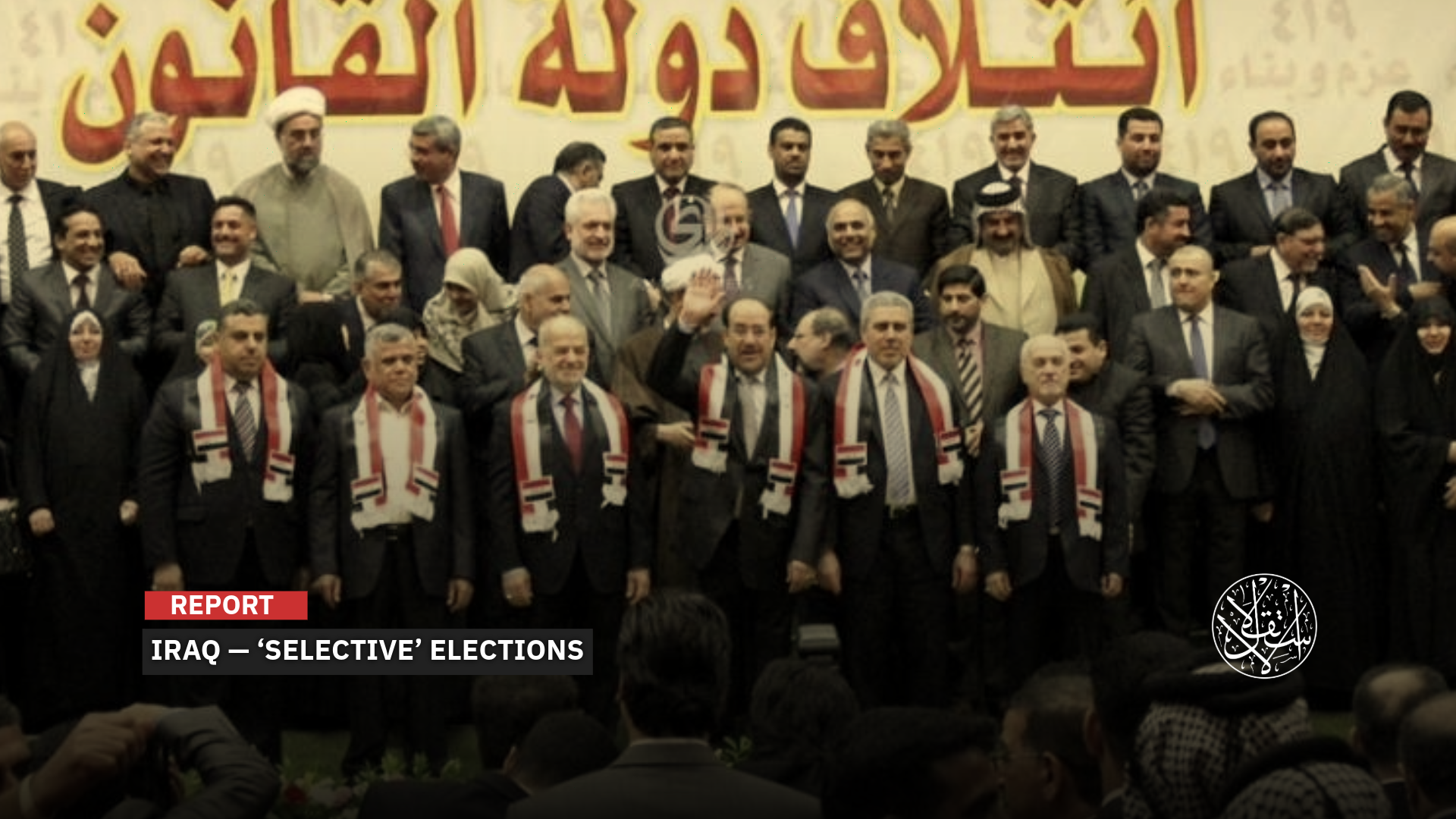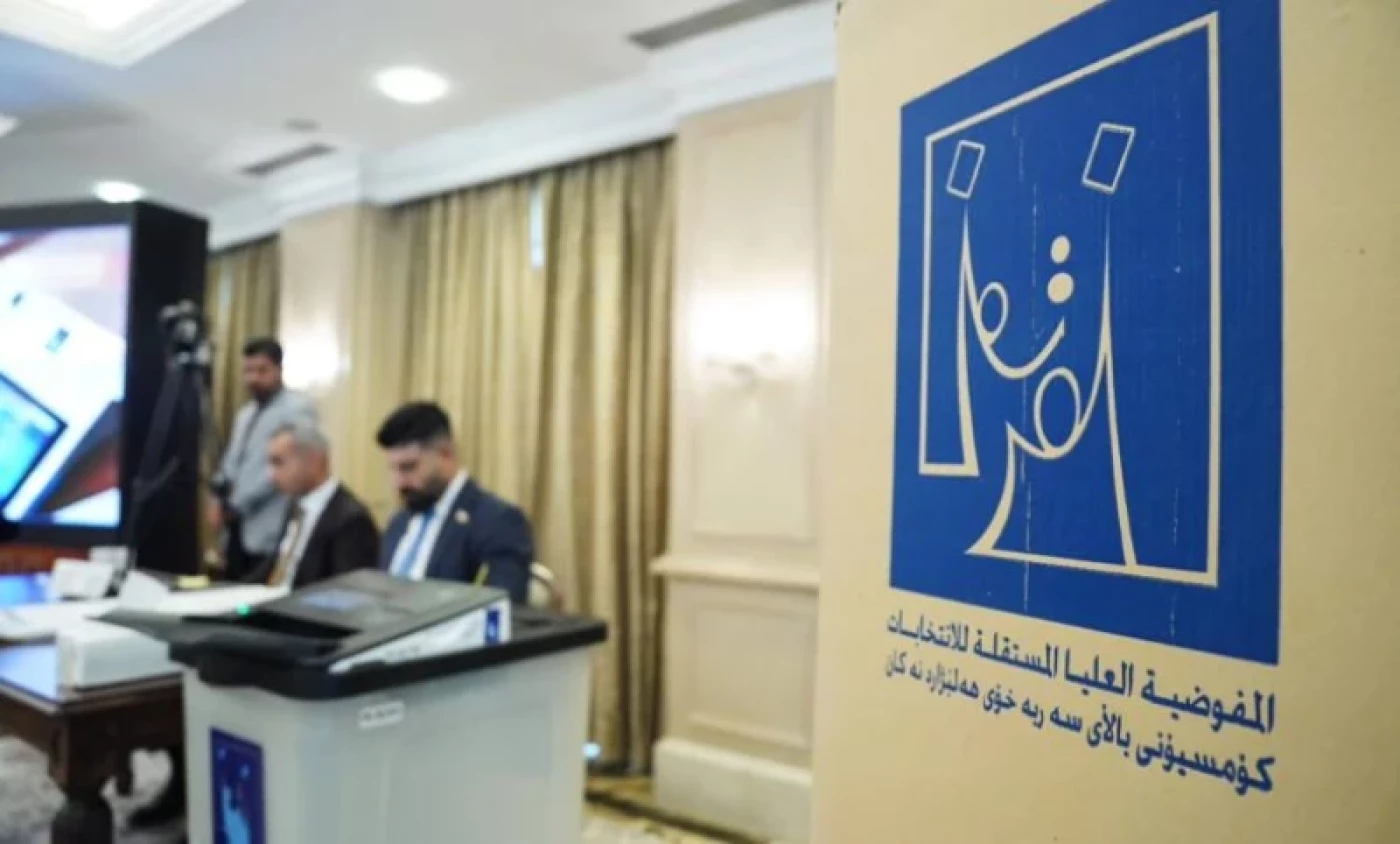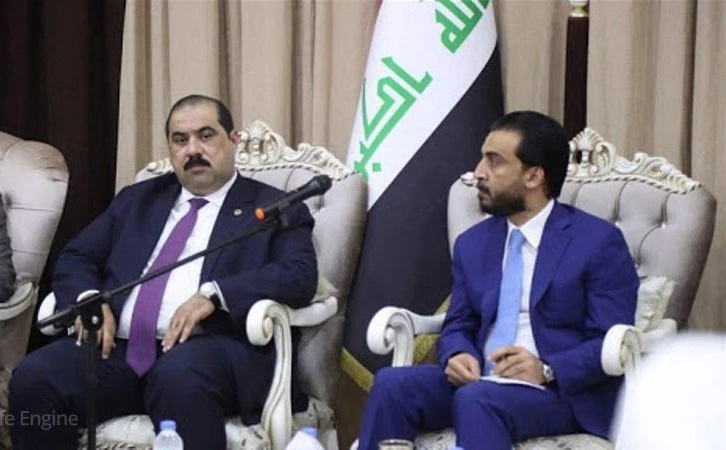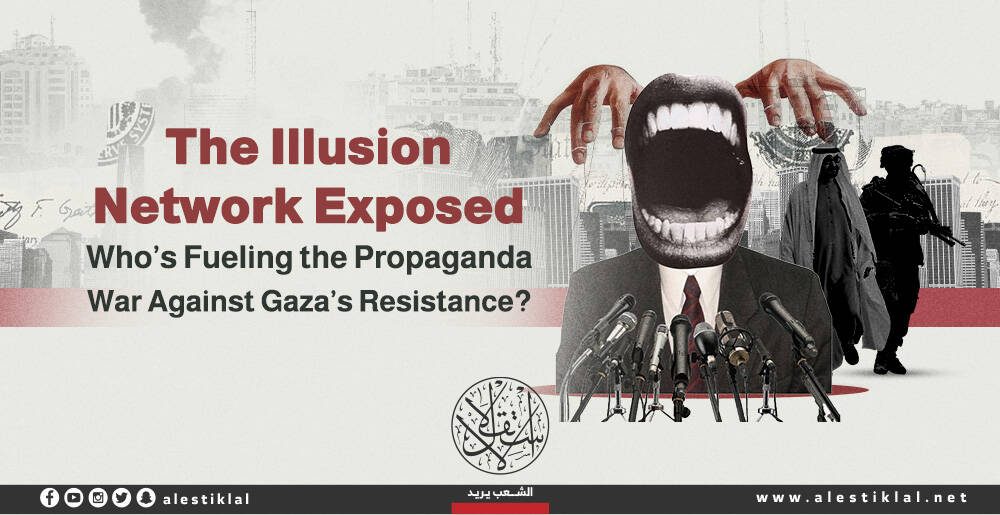Most from the Shiite Bloc: What’s Behind the Exclusion of Hundreds of Candidates from Iraq’s Elections?

“The Shiite Coordination Framework excluded 145 candidates, accusing them of belonging to the Ba’ath Party.”
Iraq’s Independent High Electoral Commission (IHEC) has disqualified hundreds of candidates just two months before the vote, a move that has unsettled political blocs across sectarian and partisan lines after each saw members struck from the race.
By August 20, 2025, the number of barred parliamentary hopefuls had reached 542, most of them from the ruling Shiite Coordination Framework. The reasons varied, ranging from affiliation with the outlawed Ba’ath Party to criminal convictions, including murder, armed robbery, and fraud.
‘A Shiite Ba’ath Bloc’
The disqualification lists released by the IHEC showed that most of those banned for Ba’athist ties were Shiites, even though Shiite parties were the ones that created the de-Ba’athification Commission, long denounced by Sunni factions as a tool of political targeting.
According to the commission’s figures, roughly 150 Shiite candidates remain under suspicion of Ba’ath affiliation, raising fears of what some describe as the possible emergence of a “Shiite Ba’ath bloc” in parliament, despite the constitutional ban on members of the party that ruled Iraq for 35 years before the U.S. invasion in 2003.
Shiite lawmaker Amir al-Maamouri said in a television interview on August 19 that “about 800 Ba’athists are running in this election,” adding, “Is it conceivable that Iraq has run out of qualified people, leaving us with nothing but these individuals who once held the rank of Ba’ath Party section member?”
He warned that “the real disaster is that the Shiite Coordination Framework itself nominated most of these Ba’athists.” According to al-Maamouri, Shiite parties put forward 145 candidates with Ba’ath ties, while Sunnis nominated 94, Kurds 11, and other groups only three.
Al-Maamouri added that if even 50 or 100 of the disqualified Ba’ath-affiliated candidates were to win seats, “they would form a Ba’athist bloc inside parliament,” insisting that “these Ba’athists belong to one party and pose a danger.”
According to a report published by the Iraqi daily al-Mada on August 20, the de-Ba’athification Commission is investigating more than 400 candidates out of roughly 8,000 registered for the elections over possible ties to the banned party.
Other documents indicated that more than 100 Ba’athist candidates appeared on the slates of the Shiite Coordination Framework, armed factions, and groups that identify themselves as the “Iraqi resistance.”
The disqualifications included five candidates from the Huquq bloc linked to Kataib Hezbollah, led by Ahmad al-Hamidawi, and eight from Asaib Ahl al-Haq, headed by Qais al-Khazali, among them a former lawmaker. Three candidates were removed from Jund al-Imam, led by Labor Minister Ahmad al-Asadi.
Also barred were seven candidates from the Badr Organization under Hadi al-Amiri, six from the Khadamat Alliance tied to Kataib al-Imam Ali led by Shibl al-Zaydi, and the head of Kataib Sayyid al-Shuhada in Kirkuk.
The lists also excluded 11 candidates from the Alliance of National State Forces led by Ammar al-Hakim, eight from the Coalition al-Asas led by Muhsin al-Mandalawi, 11 from the Absher Ya Iraq bloc under Humam Hammoudi, and six from the State of Law Coalition led by former prime minister Nouri al-Maliki.
The political agreement that shaped the government in late 2022, signed by the Shiite Coordination Framework and its rivals, had stipulated that the de-Ba’athification file be closed more than two years earlier. But al-Maliki’s State of Law Coalition has continued to resist.

‘The Disqualification Guillotine’
The lists issued by Iraq’s Independent High Electoral Commission, which swept away hundreds of candidates from major political blocs, have been described by observers as a “disqualification guillotine.” The decisions have fueled debate over whether the measures are purely legal, based on electoral law, or carry political motives.
Iraqi political researcher Ali al-Masari said the process is not free of politics. “Some of the excluded candidates were expected to win by wide margins, and their blocs had placed high hopes on them,” he told Al-Estiklal.
He predicted the disqualifications would redraw the electoral map, especially since they have targeted armed Shiite factions that long warned against the Ba’ath Party’s return, only to now put forward candidates with Ba’athist ties.
Al-Masari added that the De-Ba’athification Commission may have faced pressure from Shiite factions competing with each other. “Perhaps it decided to disqualify anyone with past Ba’ath Party membership in order to escape those pressures,” he said.
Political analyst Ahmed al-Saraji told Kurdistan24 on August 20 that the real contest is between Prime Minister Mohammed Shia’ al-Sudani’s list and Nouri al-Maliki’s State of Law Coalition. “What is strange,” he said, “is that many of those disqualified had already run in previous elections and even held government positions. Today they are removed under the banner of Ba’athist affiliation.”
He called the process “an undeclared war to eliminate rivals using this law,” warning that it was being exploited “to sideline political opponents and pave the way for control of the premiership.”
Hassan Qabas, a member of the commission’s media team, said the legal basis lies in the amended parliamentary elections law No. 12 of 2018, specifically Article 7, Paragraph 3, which requires that candidates have no felony or dishonorable misdemeanor convictions and no record of financial or administrative corruption. He noted that similar provisions are found in the amended Penal Code No. 111 of 1969, Articles 330 and 340.
Among the most prominent figures barred from the race are former Salahuddin governor and current lawmaker Ahmad al-Jubouri, former Nineveh governor Najm al-Jubouri, former interior minister Jawad al-Bulani, and former counterterrorism and national security chief Abdul Ghani al-Asadi.
Also disqualified were former Basra governor and ex-minister Wael Abdul Latif, current lawmaker and chairman of the parliamentary investment and development committee Hassan al-Khafaji, and lawmaker Luqman al-Rashidi.
One of the most prominent names still under review is current lawmaker Alia Nsaif, running on the Reconstruction and Development Alliance led by Prime Minister al-Sudani.

A Looming Political Earthquake
Amid sweeping disqualification lists, fears are mounting that barring candidates could ignite a bitter electoral showdown, particularly with prominent political figures now in the crosshairs.
The unprecedented shake-up has unsettled the landscape ahead of elections scheduled for November 11, 2025. Observers say more lists of disqualified candidates, including well-known figures, are expected in the coming days.
Political analyst Abu Mithaq al-Masari said in a televised interview on August 19 that the IHEC has prepared a list of 16 major names slated for removal. He argued the commission has gone too far, warning that “many candidates are now afraid of the disqualification lists.” The constant pressure on the commission, he said, has pushed it to enforce the law harshly. He also criticized transitional institutions such as the Martyrs Foundation and the Supreme National Commission for Accountability and Justice, saying they were never meant to be permanent.
Among the figures facing possible exclusion is former parliament speaker and leader of the Sunni Progress party, Mohammed al-Halbousi. His rival, Sunni politician Muthanna al-Samarrai, leader of the Azm Alliance, has filed a complaint seeking to bar him from the race over an accusation of forgery.
On November 14, 2023, Iraq’s Federal Court, the country’s highest judicial authority, removed al-Halbousi from parliament and stripped him of the speakership after ruling he had forged a resignation letter for a fellow lawmaker. The court dismissed him based on the forged document.
Forgery, the charge that cost al-Halbousi his position, is classified as a felony involving dishonor, and under Iraq’s 2005 constitution, anyone convicted of such crimes is barred from seeking office or holding public positions.
Iraqi politician Mohammad al-Taay described al-Samarrai’s complaint as a trap for the electoral commission. If it fails to exclude al-Halbousi, he said in an August 18 television interview, the commission risks violating the law that mandates disqualification of anyone convicted of a dishonorable felony. He added that the Federal Court, which must certify election results, would not approve al-Halbousi’s candidacy, as it has already convicted him of forgery.
Sources
- 150 'Comrades' Running in Elections Could Form the Largest Bloc [Arabic]
- The Commission explained to Iraq Observer Article 7, Paragraph Three, which led to the disqualification of election candidates, while denying that any decision has yet been made to bar Alia Nassif [Arabic]
- Iraqi MP barred from re-election bid over alleged criminal record
- The IHEC Bars 290 Candidates from Upcoming Elections [Arabic]
- In a Fierce Pre-Election Political Battle, Iraq’s Independent High Electoral Commission Bars 542 Candidates from Running [Arabic]
- Heavyweights Out of the Race: Are the Commission’s Decisions Leading to an Open Electoral Crisis? [Arabic]
- Iraqi Judiciary Ousts al-Halbousi: What Are the Details of His “Dishonorable” Charge? [Arabic]











